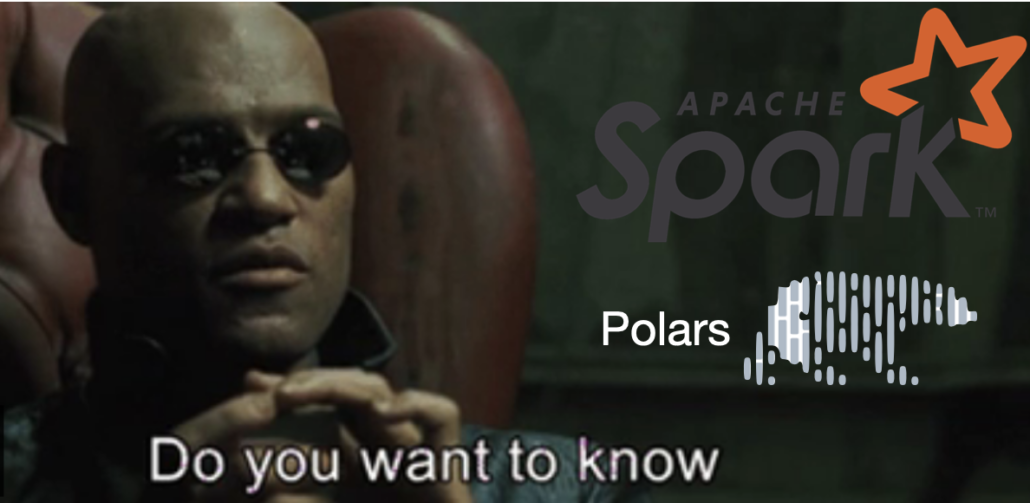
Photo by Priscilla Du Preez on Unsplash
Polars is one of those tools that you just want … no … NEED a reason to use it. It’s gotten so bad, I’ve started to use it in my Rust code on the side, Polars that is. I mean you have a problem if you could use Polars Python, and you find yourself using Polars Rust. Glutton for punishment I guess.
I also recently took personal offense when someone at a birthday party told me that everyone uses Pandas, and no one uses Polars in the real world. Dang. That hurt.
The reality is that I know it takes a long while for even the best technologies to be adopted. Things don’t just change overnight. But there are two hidden gems of Polars that will hasten the day when Polars replaced Pandas for good. Let’s talk about them.





